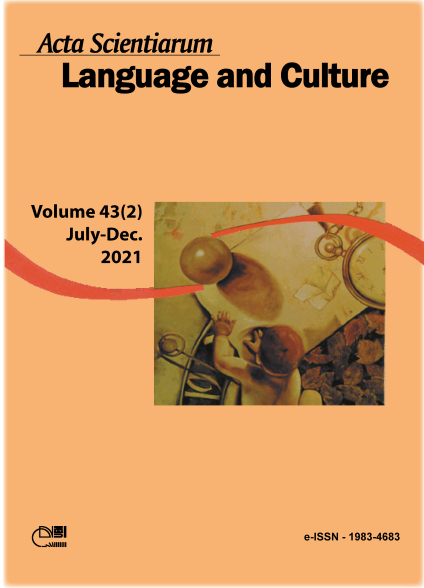Primo Levi e a memória de Auschwitz: o dever da testemunha e a criação literária
Resumo
É a partir da obra de Primo Levi, autor canônico da literatura de testemunho, que este artigo se propõe a analisar o papel da memória na criação literária. Tomando como base as relações entre memória, história e literatura, e analisando os escritos testemunhais do autor, pretende-se expor como a memória do sobrevivente está presente não somente nas obras que tratam diretamente do ‘universo concentracionário’, mas também em sua narrativa de ficção e em seus poemas. Para isso, toma-se como base a poesia de Levi, vertente ainda pouco lida de sua obra. Apesar de apresentarem um peso memorialístico, os poemas de Levi são muitas vezes colocados abaixo de sua narrativa testemunhal e considerados uma face ‘menor’ de sua literatura. Traz-se aqui, porém, a relação que a poesia ‘primoleviana’ estabelece com a memória e, consequentemente, com a história. Assim, pretende-se expor que os escritos do autor, nascidos do testemunho e da memória, devem ocupar um papel de destaque, já que rememoram um passado sombrio que teima em nos assombrar no presente.
Downloads
DECLARAÇÃO DE ORIGINALIDADE E DIREITOS AUTORAIS
Declaro que o presente artigo é original, não tendo sido submetido à publicação em qualquer outro periódico nacional ou internacional, quer seja em parte ou em sua totalidade.
Os direitos autorais pertencem exclusivamente aos autores. Os direitos de licenciamento utilizados pelo periódico é a licença Creative Commons Attribution 4.0 (CC BY 4.0): são permitidos o acompartilhamento (cópia e distribuição do material em qualqer meio ou formato) e adaptação (remix, transformação e criação de material a partir do conteúdo assim licenciado para quaisquer fins, inclusive comerciais.
Recomenda-se a leitura desse link para maiores informações sobre o tema: fornecimento de créditos e referências de forma correta, entre outros detalhes cruciais para uso adequado do material licenciado.




















6.png)









